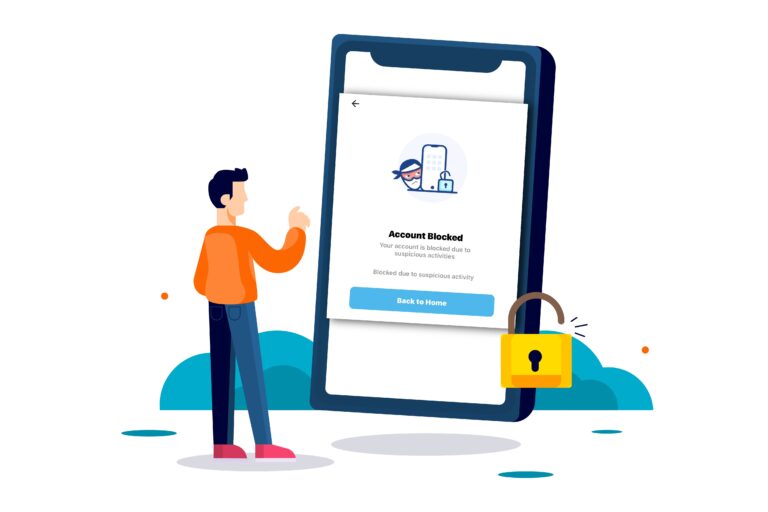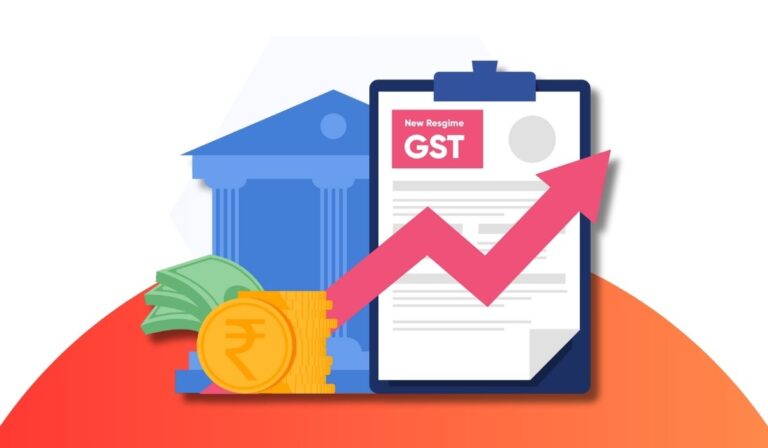Over the past decade, the ways through which we manage money have changed dramatically. In 2025, there are many advancements that make the management of money convenient but also complex. Financial decisions are made in a world that is dominated by digital transactions, online banking, and financial technology innovations. To navigate yourself in this landscape, financial literacy is of utmost importance.
Like earlier times, financial literacy is not about balancing the checkbook anymore or arranging the funds in your hard times. In this technology-driven financial world, it is about understanding the new digital tools, protecting yourself from scams, and making informed decisions. In this article, let’s explore why financial literacy is important in 2025 and how you can build up your financial knowledge.
What is Financial Literacy?
Financial literacy refers to the ability through which you understand and manage your money. It also means that you know how the financial tools and systems work so that you can make smart and informed decisions. It includes:
-
- Budgeting: Keeping track of your income and expenses and creating a plan for spending and saving.
- Investing: Using the money in a way to generate future income like putting it into stocks, real estate or retirement accounts.
- Managing Debts: Understanding the impact that credit scores have on interest rates, and creating a plan to pay off your debts.
- Differentiating Good and Bad Debts: Understanding that some debts can be an investment in the future, like student loans. Whereas, some debts are only luxury, like credit card bills.
However, now various digital tools have revolutionised the way we save, invest and spend money. So, in 2025, it is crucial to understand these digital tools. Without their understanding, even a simple task can become overwhelming and lead you to make costly mistakes.
Why Finacial Literacy Matter more than Ever?
1. Shifting to Digital Transaction:
The mode of payment for goods and services has completely shifted to Digital Platforms. The use of cash has declined massively. It has now been replaced by:
-
- Online payment apps like Apple Pay, Google Pay and other apps.
- Digital wallets linked to your phone.
- Online payment system for shopping and subscriptions.
While these tools are very convenient for payment, they make it easier to overspend. Instant payment and automatic renewal methods can drain your money even before you realize it. Financial literacy makes you aware of how to keep track of your spending and stick to a budget.
2. The Rise of Online Banking:
Traditional banking methods have gone digital now. Most of the people rarely visit a bank these days. They use the mobile banking app for everything like:
-
- Transferring money
- Paying bills
- Managing the investments
- Applying for loans or credit cards
While online banking tools save you time, they also bring in new risks such as hacking, phishing scams and data breaches. Financial knowledge gives you the power to recognise warning signs of any fraud and protect your financial data.
3. Fintech is Everywhere:
Many Fintech companies have exploded in recent years that are offering services to make the management of money easier. Some of these tools are:
-
- Robo-advisors- Automated platforms are there that help you to invest the money according to your future goals.
- Buy Now, Pay Later (BNPL)- These are the services that let you buy the item, but pay later in the form of instalments, most of the time, without interest.
- Cryptocurrency- Many apps are there now which help you to trade and hold cryptocurrencies like Bitcoin and Ethereum.
These tools are highly beneficial but come with a risk. BNPL services help you to buy the item when you are short of funds but it can encourage you to take more debt that you can handle. Cryptocurrency also involves risk and is not suitable for everyone. A detailed knowledge of these tools will help you understand the risk involved and make a better financial decision for yourself.
How to Boost Your Financial Literacy?
- Start with the basics:
If you are new to the financial terms and feel intimidated, then start with the basics like learning how to create a budget for yourself and try to follow it, try to understand what are your needs and wants while spending money, and do research on how CIBIL score works and how can it affect your chances to get a loan.
- Use Online Resources:
Take advantage of the free resources available online, like free educational websites and blogs, apps that teach money management skills, and topics like investing and debt management covered online.
- Don’t hesitate to ask Questions:
Don’t delay to seek advice from trusted sources whether it is a friend with great financial knowledge and money management skills, a financial advisor, or even your bank.
- Stay Updated to the Changes:
Technology related to financial services evolves quickly, so keep yourself updated by following trusted news sources, blogs and podcasts about the latest changes and new tools and services.
Challenges in the Digital World
- Overloaded Information:
It is easy to feel overwhelmed because of so many financial products and services available in the market. Every platform promises to simplify your finances, but it will take a lot of research and critical thinking to understand which one is trustworthy and suits your needs.
- Scams are on the Rise:
With the advanced technology, scammer’s tactics have also advanced. There are many methods to lose your money to scammers like phishing emails pretending to be your bank to fake Cryptocurrency platforms if you are not careful. If you boost your financial literacy it equips you to identify red flags earlier and protect your money.
- Speedy Changes:
New technologies emerge constantly, due to which we have to reshape how we handle our money. You have to stay informed and also adaptable to the changes to avoid falling behind and leading to loss of your money.
In 2025, financial literacy is not just a skill, but a necessity. As technology changes speedily leading you to change the way you interact with your money, you need to stay informed and adaptable to these changes as it will help you to navigate through the challenges and catch the opportunities in this new era.
You need to remember that learning about money is a lifelong process, whether you are starting your financial journey or you want to upgrade your knowledge. You need to take small steps and ask questions from a knowledgeable person before investing in your financial future. Your knowledge about handling the money will be the most valuable investment you will ever make.




